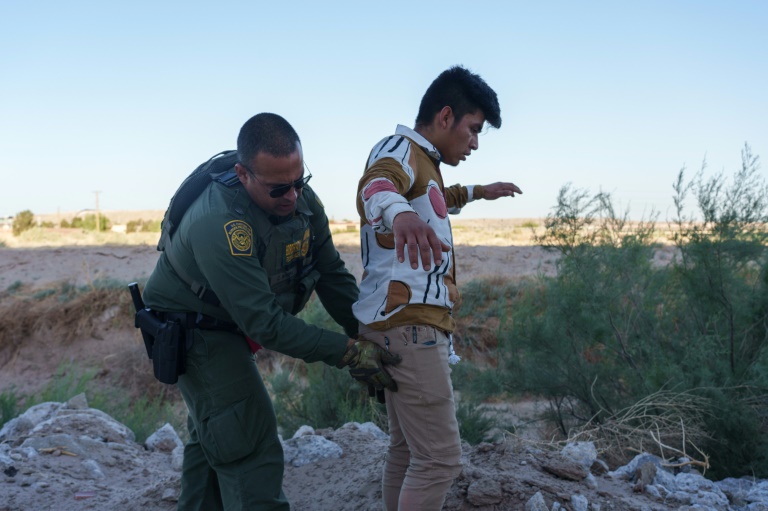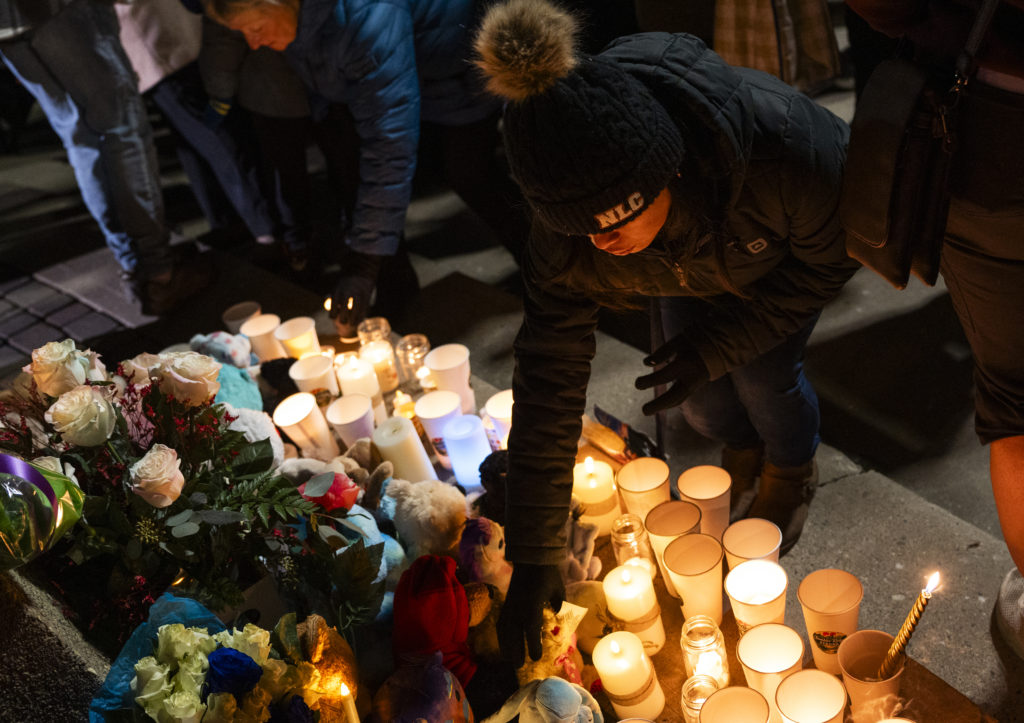The US Supreme Court dealt a setback to the rights of undocumented migrants detained after crossing into the country in cases that pitted the administration of President Joe Biden against immigration advocates.
The high court ruled that migrants do not have a constitutional right to a bond hearing that could permit their release after spending six months in detention.
Two cases decided in tandem by the court Monday addressed the bond hearing requests of Mexican citizens who had been arrested by US officials after illegally crossing the southern border.
In both cases, the men had been previously deported from the United States and attempted to reenter the country.
The detainees argued against being sent back to Mexico on grounds that they faced threats of persecution or torture, and in one of the cases sought asylum.
US authorities, holding the men for months ahead of official removal proceedings, opposed a bond hearing on the grounds that it could lead to the men’s release and disappearance.
But their attorneys argued that denying them a bond hearing after lengthy detention was unjust and unconstitutional.
In 2019 lower courts ruled they had rights to such hearings after being held for six months.
But the high court ruled Monday that US law in these cases does not guarantee migrants like them that right.
The original case was brought to the Supreme Court by the administration of president Donald Trump, who, as part of his fight against immigration, took a hard line against rights for undocumented migrants.
The case was inherited by the Biden administration, which although more sympathetic to migrants, continued to pursue it.
The American Civil Liberties Union criticized Biden at the time as being “decidedly on the wrong side of this fight.”
The ACLU noted that one of the men after being sent back to Mexico the first time had been kidnapped by police officers and held for ransom.
Another was tortured by gang members “because of his sexual orientation,” the ACLU said.
The Supreme Court justices said their ruling applied only to the claim of a right to a bond hearing, and not to the broader issue of constitutional protection against indefinite detention.







